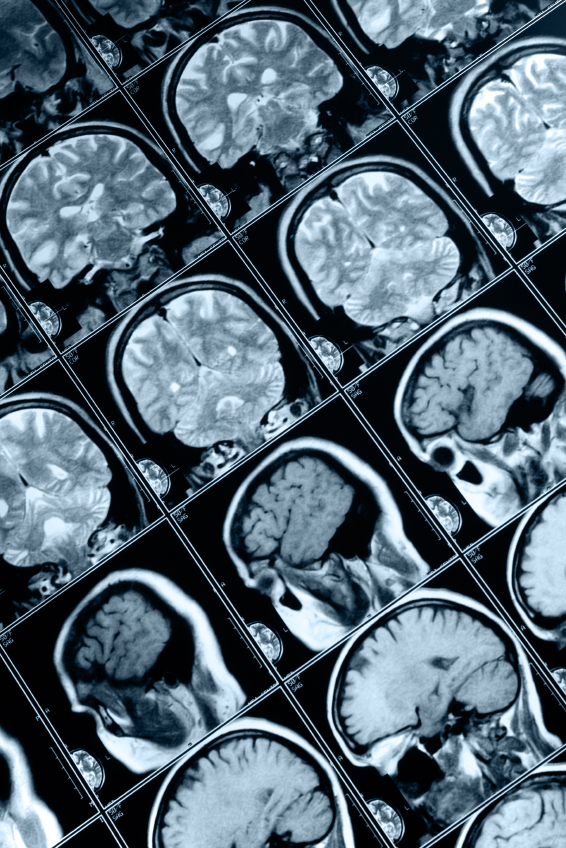Progress in the field of neuroscience is raising new ethical questions. Neurologists and philosophers are climbing on board, following along the lines of the Institut du cerveau et de la moelle épinière (ICM) (Brain and Spine Institute), which has organised an annual seminar for reflexion on this “emerging discipline” over the last two years.
“As soon as the brain is affected, behaviour changes”, explained Yves Agid, co-founder of the ICM. Neuroethics is, therefore, “fundamental for psychiatry and neurology because every day we have to face the questions raised by our practice”. He referred, by way of example, to the treatment by deep brain stimulation of a patient with Parkinson’s disease. This approach viewed as a “surgical and medical success” but proved disappointing to the patient who said “not to recognise oneself any more, and to be different, ‘makes you feel like a robot’”. Yves Agid still exercises caution before prescribing L-Dopa-based treatment for Parkinson’s disease. This frequently used treatment “leads to problems of impulse control in 20% of patients”. Bearing this in mind, “should we prevent people from taking care of themselves just in case treatment affects their behaviour?”
Neuroethics raises questions about “society” and “existence”: “Should we improve mankind in the light of current transhumanist views? If so, up to what point?” To what extent should we limit brain surgery? Even if this “emerging discipline” does not provide answers to their questions, scientists and philosophers at least expect it to “provide a safeguard against any spin-offs”.
Science&santé n°27

